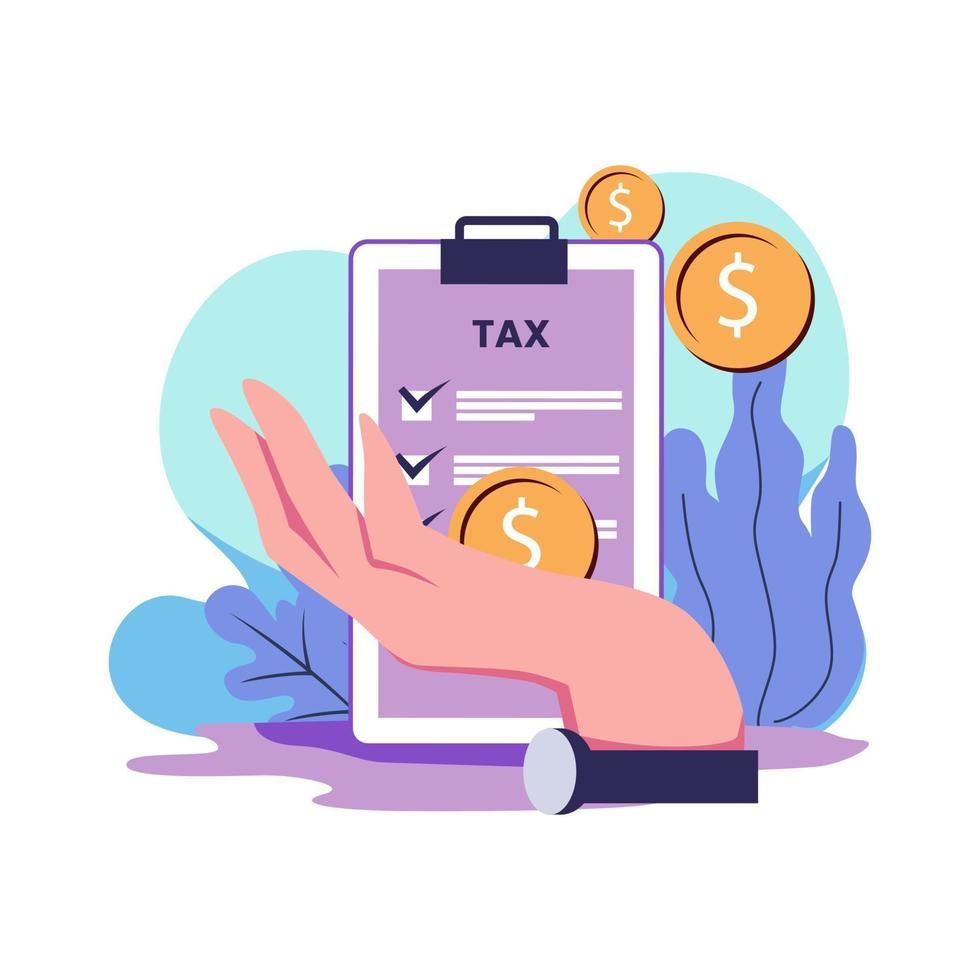Rising Cost of Living.
Inflation… A word we’re all hearing a lot lately!
Food, fuel, housing – ALL the everyday essentials are skyrocketing and has many young Australians more than a little anxious and looking at ways to tighten the belt; or find a secondary source of income!
Managing your money effectively is important, especially in times of uncertainty and change.
Here are a few tips and tricks to help ease the burden.
BUDGET! BUDGET! BUDGET!
I know, I know.. Making a budget (and actually sticking to it) seems like a buzz kill, right? BUT making a budget gives you a much better understanding of your financial position and where you may be able to make some cuts.
Start small. Track your spending for a week. This will help you identify quick, easy ways to reduce your spending.
Smooth out your big bills by paying smaller amounts weekly, fortnightly, or monthly to avoid the shock of a big bill that seems out of reach, or you simply can’t afford to pay.
Shop around for a better deal! Whether that is refinancing your home loan or shopping the specials in the Supermarket catalogue, there is money to be saved when you are making deliberate and well thought out choices.
NEED IT? LOVE IT? LIKE IT? WANT IT?
Keep your priorities in check by asking yourself this very question before making impulse buys. If you don’t need it or love it, you probably shouldn’t be buying it.
Figure out your noodle budget – The bare minimum you need when times get tough. Cancel subscriptions, have coffee at home, make “fake aways” and meal plan before going shopping.
Ditch the credit cards and only commit to buying things you can afford to pay for in full.
Sometimes cutting back expenses isn’t enough, and you may need to consider a side hustle to ease your financial stress, whether that’s a second job or turning your hobby into a little money-making business. Bringing in extra income can make it easier to live within your means and avoid extra debt.
Once you have your budget sorted, make saving a priority! Have an emergency account you can access when unexpected emergencies arise.
The rising cost of living may be stressing you out now but living beyond your means may have a big impact on your credit score and your future borrowing capacity.
To get some more money saving tips and create your own budget, check out moneysmart.gov.au
The post Rising Cost of Living. appeared first on Green Taylor Partners.
More GTP Articles






